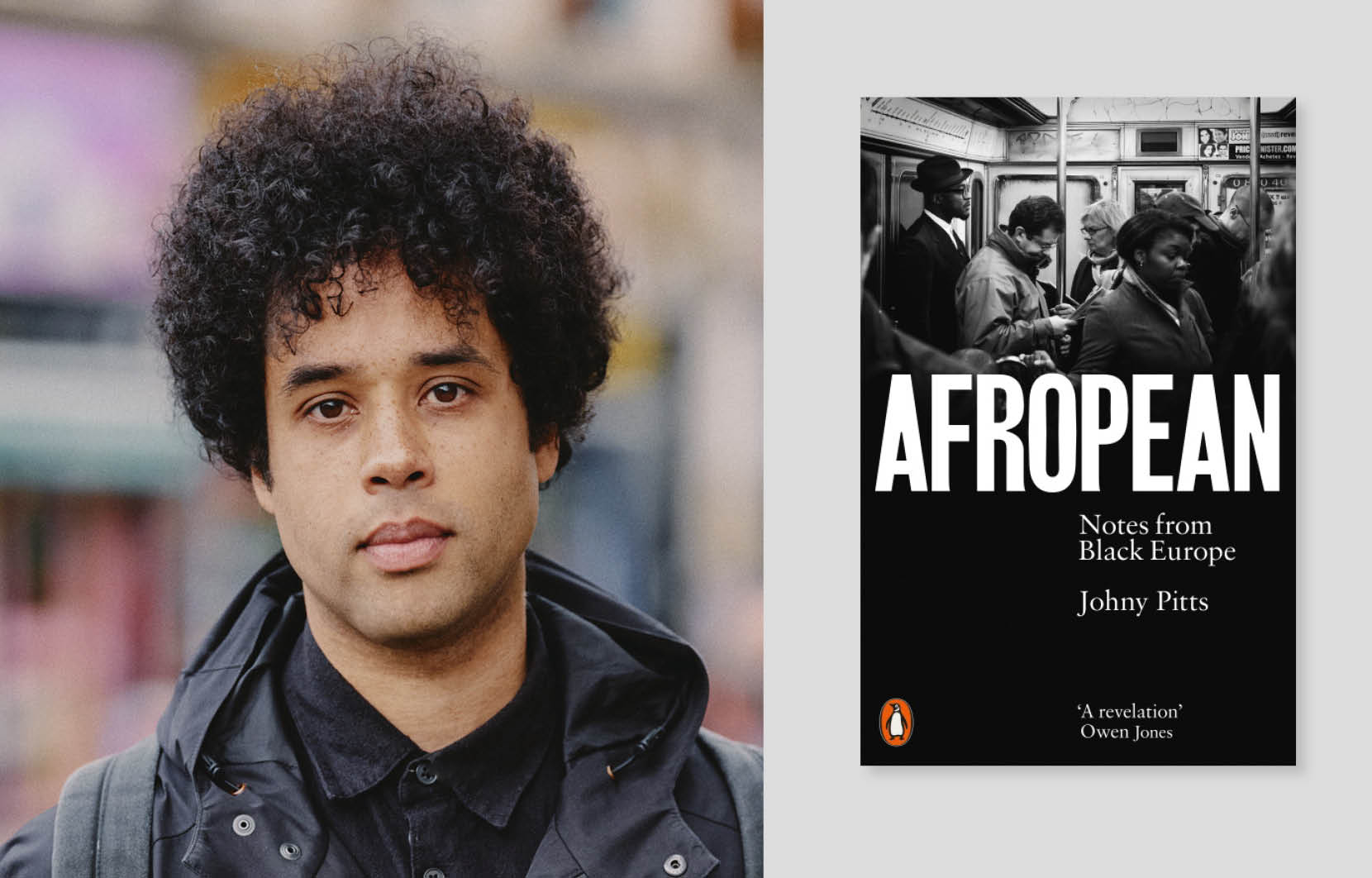- Home |
- Search Results |
- Footnote: Afropean, Johny Pitts’ Jhalak Prize-winner

Johny Pitts has won the Jhalak Prize for the best book of the year by a writer of colour for his beautifully written non-fiction debut Afropean: Notes from Black Europe, an eye-opening account of his five-month journey across the continent examining the lives and communities of black Europeans.
The journalist, writer and photographer has said he was inspired to write the book after noticing “a growing racism from some of [his] white working-class friends and a growing anger from [his] black friends” in the build up to Brexit.
Born in a Sheffield to a white mother and African American father, he says his early identity was split in two: "A proud, working-class Sheffield identity, or a kind of ghettoised black identity… It was either/or, I couldn’t be both.” But in the 1990s, he caught wind of a refreshing new concept, coined by Talking Heads guitarist David Byrne and Belgian-Congolese singer Marie Daulne while working together for Byrne's world music label Luaka Bop. They called it 'Afropean'.
The word, Pitts writes early in the book, “encouraged me to think of myself as whole and unhyphenated... Here was a space where blackness was taking part in shaping European identity at large. It suggested the possibility of living in and with more than one idea: Africa and Europe, or, by extension, the Global South and the West, without being mixed-this, half-that or black-other. That being black in Europe didn’t necessarily mean being an immigrant.”
So, he set off from his home in Sheffield to visit non-white communities in Paris, Amsterdam, Berlin, Stockholm, Moscow, Lisbon and other places to paint a picture of “black Europe from the street up”. His hope? To provide “something of a utopian alternative to the doom and gloom that has surrounded the black image in Europe in recent years”.
The result is a tender, funny and sometimes heartbreaking documentary of the corners European culture so often swept under the carpet of mainstream media that at times reads. As the poet Musa Okwonga wrote in the New Statesman, the book is less like a work of non-fiction than “a well-paced historical thriller".
Footnote
First awarded in 2017, the Jhalak Prize (meaning “glimpse” in Hindi) is an annual award that, according to its sponsor, recognises “the vastness of talent, ambition and creative vigour that is often overlooked by an industry that has yet to decolonise its gaze and acknowledge that we do not live in world of lactified centres and rainbow peripheries.”